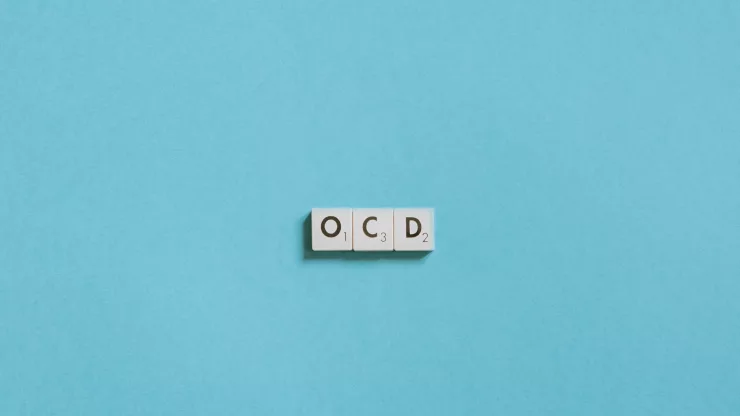Dissociative disorders are a group of mental health conditions characterized by a disconnection between a person’s thoughts, memories, feelings, actions, or sense of identity. These disorders can affect a person’s ability to function in daily life and can lead to distressing symptoms such as amnesia, depersonalization, or dissociative identity disorder (DID). Coping with dissociative disorders can be challenging, but there are strategies that individuals can use to manage their symptoms and improve their quality of life.
Importance of Well-being for Individuals with Dissociative Disorders: Well-being is a crucial aspect of mental health for individuals with dissociative disorders.
These individuals often experience a range of symptoms that can affect their emotional and physical health.
In addition, dissociative disorders can be isolating and make it difficult for individuals to connect with others and engage in activities they enjoy.
By prioritizing their well-being, individuals with dissociative disorders can improve their overall health and enhance their ability to cope with their symptoms.
Strategies for Managing Symptoms and Improving Quality of Life: There are several strategies that individuals with dissociative disorders can use to manage their symptoms and improve their quality of life. These strategies include:
- Seeking professional help from a therapist or mental health provider who specializes in dissociative disorders
- Building a support system of friends, family, or support groups
- Engaging in self-care practices such as mindfulness, meditation, or yoga
- Practicing grounding techniques to stay present in the moment
- Identifying triggers and developing coping strategies to manage them
- Creating a safe and comfortable environment at home
Tips for Building a Support System and Finding Professional Help: Building a support system and finding professional help are critical aspects of managing dissociative disorders. Here are some tips for individuals seeking support:
- Reach out to friends and family members who are understanding and supportive
- Join a support group for individuals with dissociative disorders
- Look for a mental health provider who specializes in dissociative disorders
- Consider online therapy or telehealth services if in-person therapy is not feasible
- Research different treatment options, such as cognitive-behavioral therapy or eye movement desensitization and reprocessing (EMDR)
Mindfulness, Meditation, and Other Self-Care Practices: Mindfulness, meditation, and other self-care practices can be effective tools for managing symptoms of dissociative disorders.
These practices can help individuals stay present in the moment, reduce stress and anxiety, and improve overall well-being.
Some self-care practices that individuals with dissociative disorders may find helpful include:
- Mindfulness meditation
- Yoga or tai chi
- Deep breathing exercises
- Creative expression, such as art or writing
- Spending time in nature or practicing outdoor activities
Holistic Approaches to Healing and Recovery: Holistic approaches to healing and recovery can be beneficial for individuals with dissociative disorders. These approaches focus on treating the whole person, including their physical, emotional, and spiritual well-being.
Some holistic approaches that may be helpful for individuals with dissociative disorders include:
- Acupuncture or acupressure
- Massage therapy
- Herbal remedies or supplements
- Energy healing, such as Reiki or chakra balancing
- Nutritional counseling or dietary changes
FAQ
- What are some common triggers for dissociative episodes?
- How can I explain my dissociative disorder to my friends and family?
- Is it possible to recover from a dissociative disorder?
- What should I do if I experience a dissociative episode in public?
- Can medication help manage symptoms of dissociative disorders?
- How can I manage dissociative identity disorder (DID) symptoms during a switch?
Managing dissociative disorders can be challenging, but it is possible to improve well-being and quality of life with the right strategies and support.
By prioritizing self-care, seeking professional help, and building a support system, individuals with dissociative disorders can learn to manage their symptoms and live fulfilling lives.
Remember that recovery is a journey, and it is important to be patient and kind to yourself along the way.

With a deep passion for personal development, Ben has dedicated his career to inspiring and guiding others on their journey towards self-improvement.
His love for learning and sharing knowledge about personal growth strategies, mindfulness, and goal-setting principles has led him to create My Virtual Life Coach.
Contact Ben at [email protected] for assistance.




